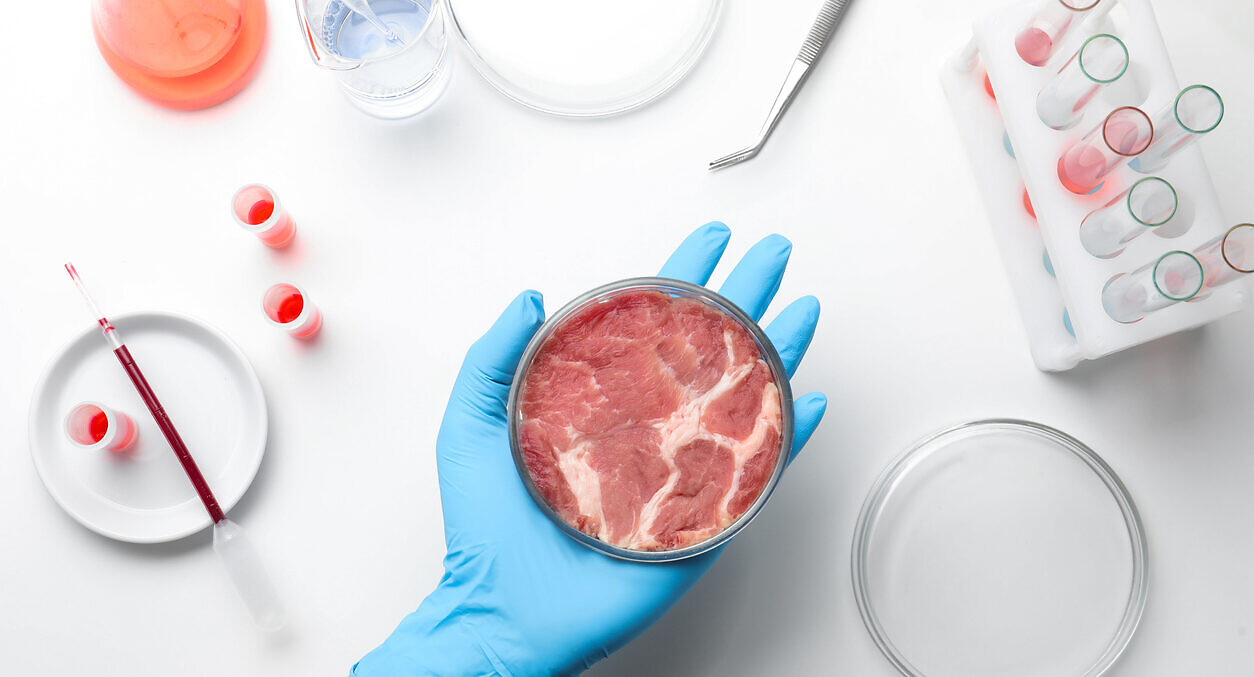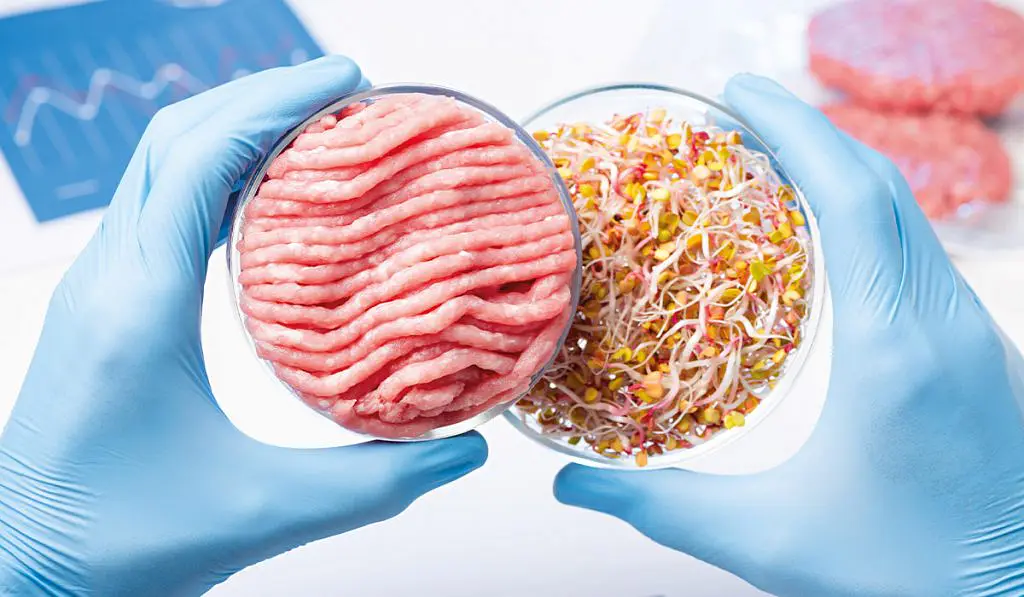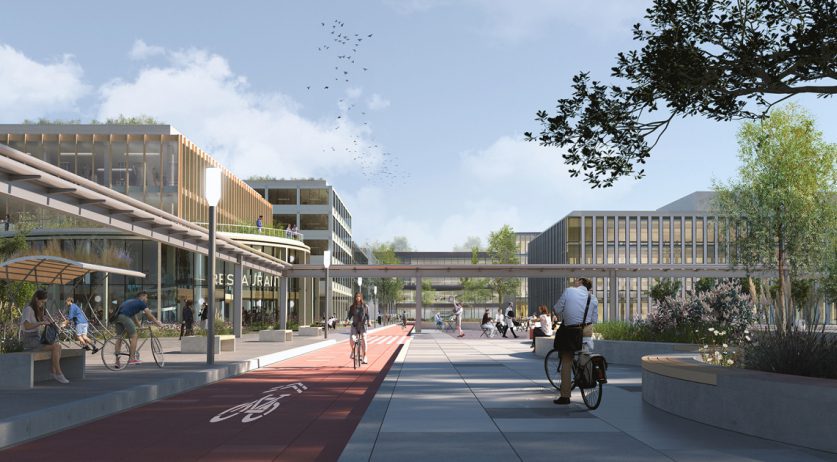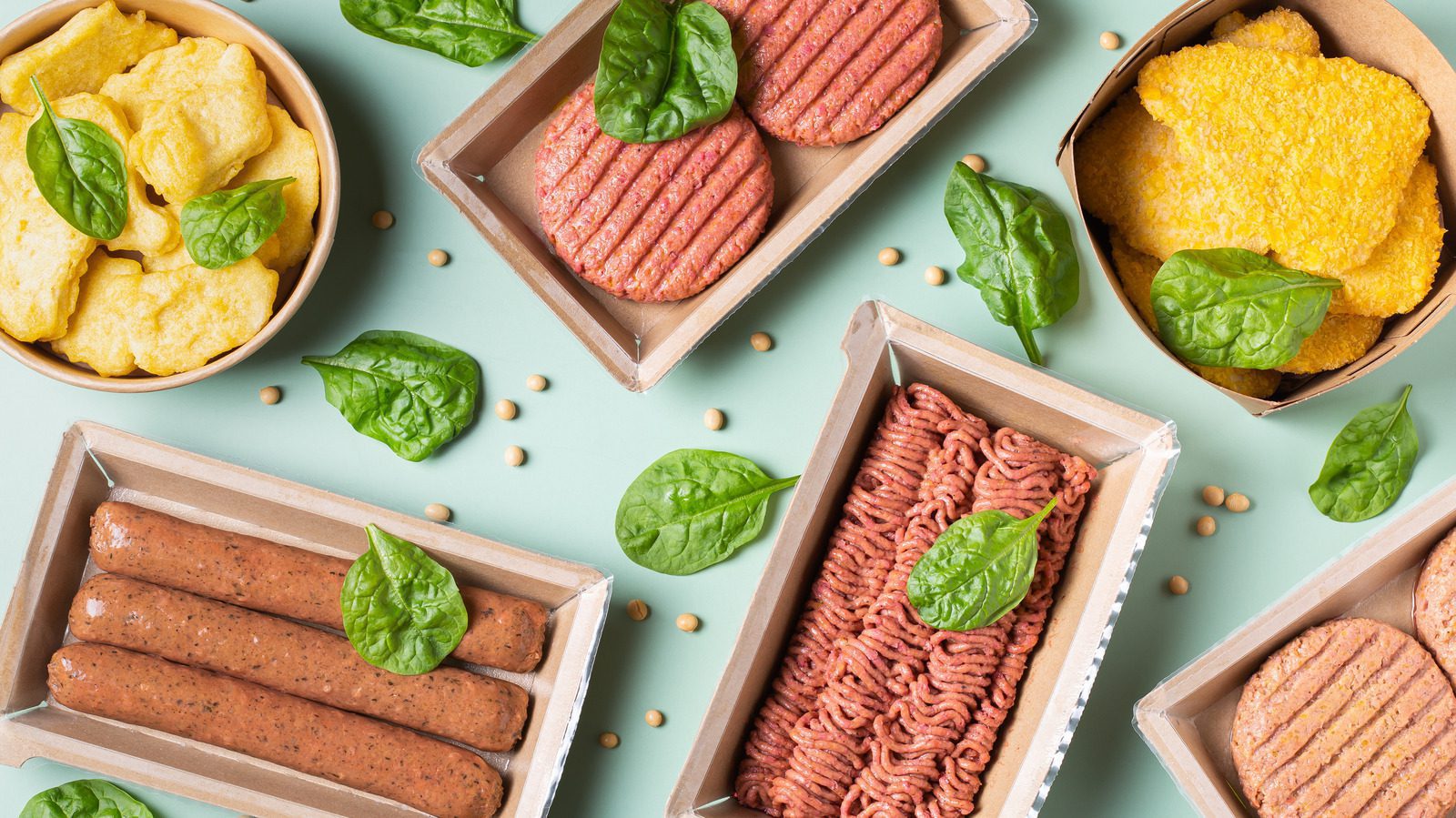The Cultured Meat Revolution: Sallea On How to Create a More Sustainable Future
The cultured meat industry is now turning a very exciting new corner, and right at the forefront of this turn is a small Swiss startup called Sallea. Closing a secured round of funding at $2.6 million, Sallea positions itself in one of the most promising segments within the emergent market of lab-grown meat market set to reshape food production for years to come.
Sallea: Its Inception and Vision
Sallea is a company that was established in November 2023, founded by an all-women team experienced in the bioengineering and business development world. The founders sought to disrupt the world of meat production without farms while keeping the taste and quality of cuts as they would be. Their aspiration is to produce premium whole cuts such as steaks and fillets using cultured meat technology.
Sallea prioritizes sustainability and innovation as ways to surmount one of the industry’s biggest challenges a high-quality, cultured meat product with the same texture, flavor, and appearance as conventional cuts. Whereas most players in the cultured meat space specialize either in value-added or minced and processed meat products, Sallea targets the delivery of whole cuts that are indistinguishable from their traditionally farmed counterparts.
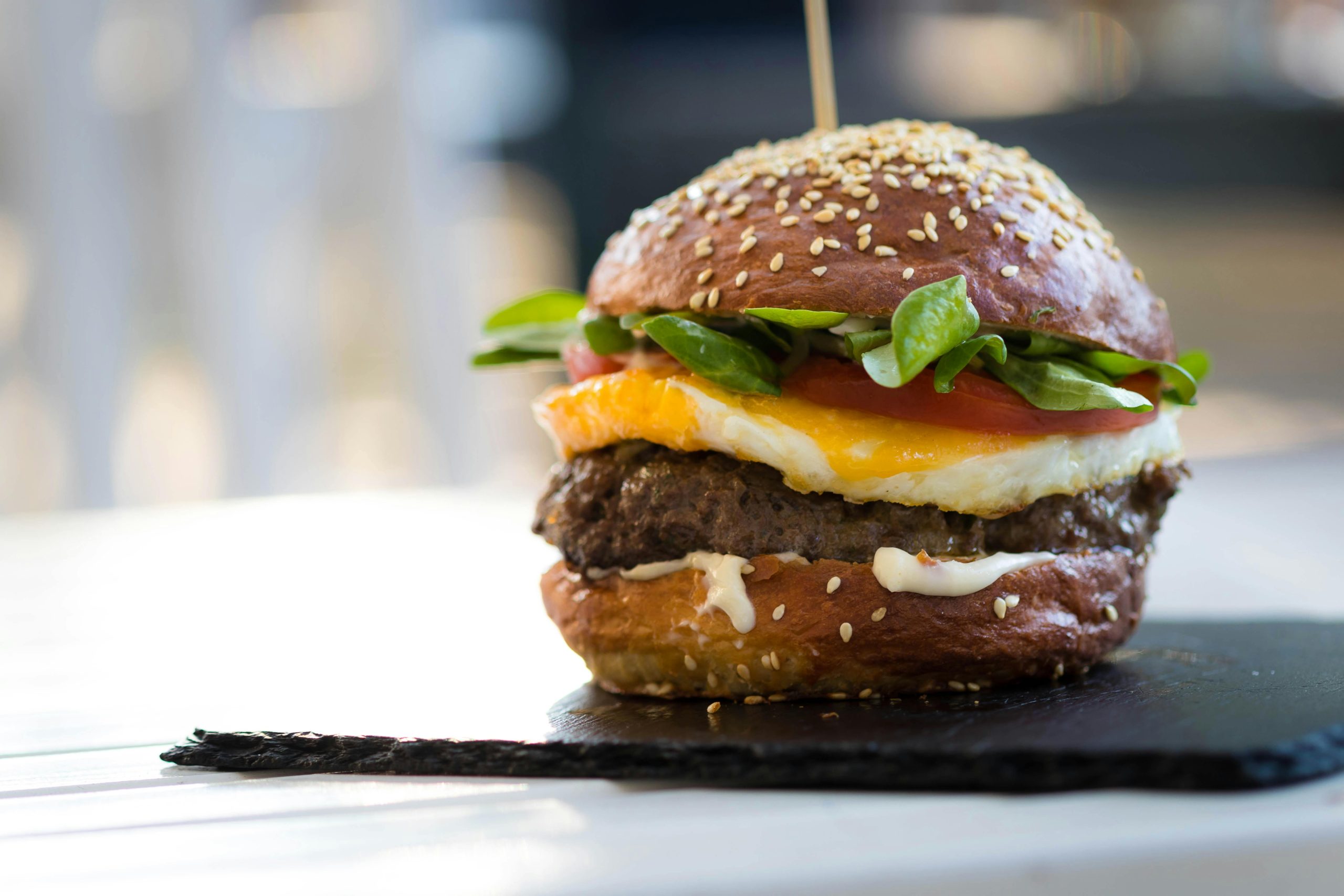
Edible Scaffold Technology Pioneer
Core innovations at Sallea include the development of edible scaffolds that support the growth of meat cells in three dimensions. Such scaffolds are critical to developing the fibrous texture and mouthfeel of traditional cuts of meat. The lab-grown meat from previous generations often struggled to capture the complex textures of whole cuts, but perhaps Sallea’s technology will be a game-changer.
Moreover, the company’s scaffolds are developed not only to improve texture but also to enhance the nutritional value of cultured meat. This has marked one of the biggest innovations in cellular agriculture: a more circular, efficient, and highly scalable alternative to traditional livestock farming.
Solutions for Cultured Meat: How to Overcome Global Challenges
What Sallea does means much more than work confined within four walls of a laboratory. Conventional livestock farming is one of the growing concerns in terms of environmental impact around the world, contributing from greenhouse gas emissions and deforestation to the lack of water. On the other hand, cultured meat offers a green alternative that could reduce the environmental footprint from meat production by a long shot.
In-vitro meat cell culturing by companies like Sallea avoids animal slaughter completely and cuts down dependence on resource-intensive animal husbandry. The environmental dividends are pretty obvious: compared to traditional livestock cultivation, cultured meat is much less intensive in water-land-energy use and therefore a stalwart contributor in the war against climate change.
Growing Demand for More Ethics in Consumer Protein
Interest in alternative protein sources from consumers has grown exponentially due to growing awareness of the environmental and ethical issues associated with conventional meat production. This demand will, therefore, drive growth in the cultured meat market, which could reach over $370 billion by 2030.
This trend is driven not only by environmental considerations but also by animal welfare issues. At this point, cultured meat comes in to satisfy the consumption desires of those who want to contribute less to carbon dioxide emissions and to treat animals in a more humane manner. In this respect, Sallea positions itself as a leading premium meat supplier through sustainable means within the context of a fast-evolving market.
Sallea’s Future: Innovation and Industry Leadership
The fresh funding will enable Sallea to scale up its operations and advance its cultured meat technologies. Indeed, this $2.6 million investment will finally enable Sallea to increase its production capacity, establish product co-development partnerships, and advance technologies related to edible scaffolds.
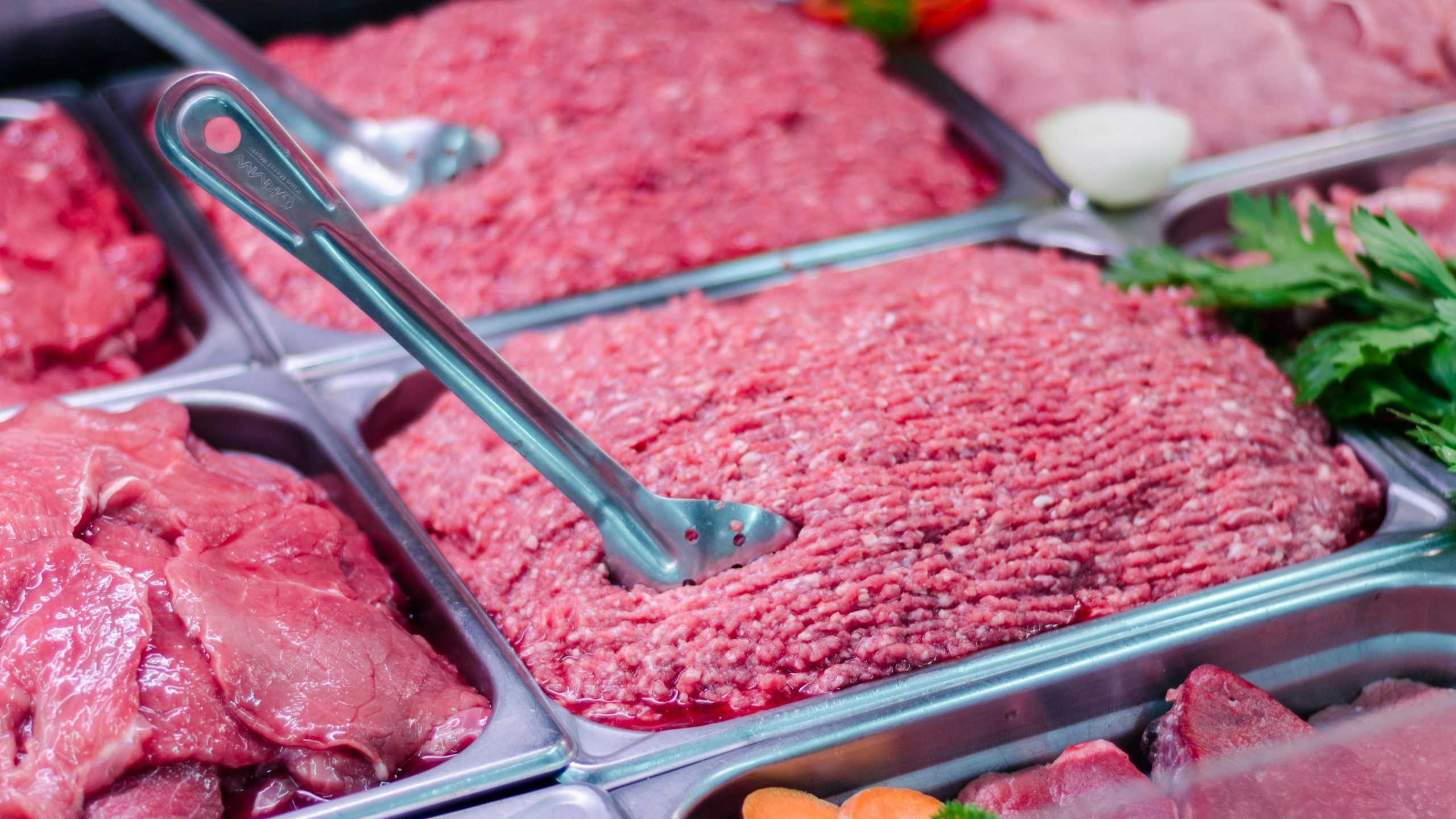
What differentiates Sallea from the other players in the industry is its focused work on premium whole cuts. Many companies working with cultured meat produce ground meat products, while the innovation by Sallea to produce quality steaks and fillets may result in changing the way consumer experience is defined. Sallea has made it a challenge for itself to set uncompromising standards for the entire cultured meat industry with its production of lab-grown meat that is indistinguishable in texture, taste, and nutritional value from traditional meat.
A New Food Experience from a Consumer Perspective
As Sallea pushes the frontiers of cultured meat technology, it is changing the paradigm in the culinary world, too. Premium cuts of lab meat produced by the company can challenge ways in which food is conceptualized by consumers. Imagine being able to have a juicy, perfectly marbled steak without any concern for the environmental and ethical impact of traditional livestock.
Sallea’s edible scaffold technology not only enhances the experience of cultured meat but opens doors toward making the alternatives much healthier and more nutritional. By marrying up bioengineering with food science, Sallea will create offerings that are capable of yielding better health outcomes without sacrificing the taste and texture the consumer has enjoyed.
The Future of Sallea and Lab-grown Meat
While Sallea’s innovations continue to move the industry forward in cultured meat, a number of opportunities and challenges also lie ahead. Success will be built on ongoing research and development, strategic industry partnerships, and scaling-up production to meet increasing consumer demand for such products.
With solid foundations built on innovation, investment, and expertise, Sallea is in a great position to be among the upcoming leaders within the cultured meat market. In all this growth, the work at Sallea could help shape a more sustainable and ethical future of food.
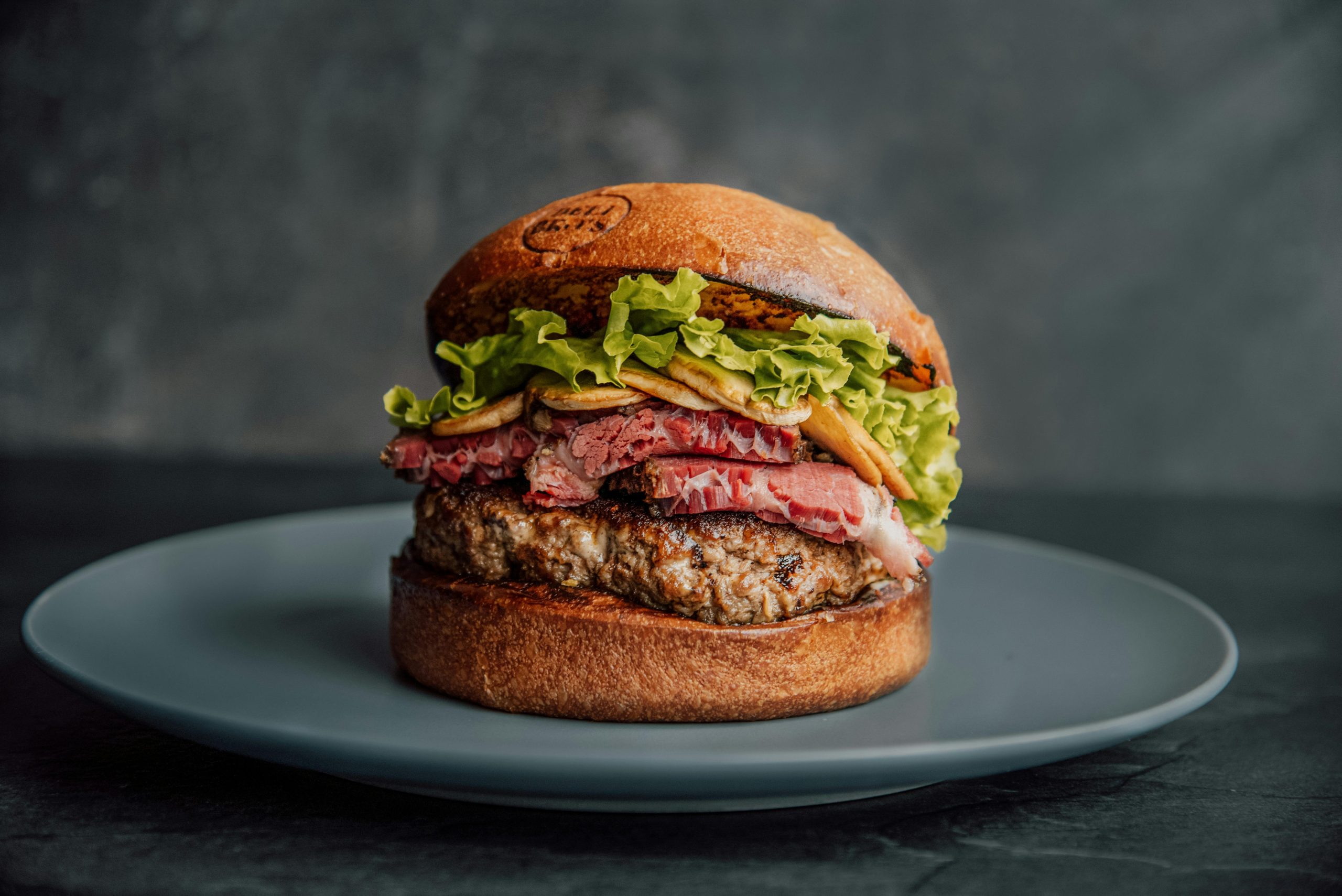
Cultured Meat and Its Impact on the Global Food System
In this respect, the cultured meat revolution could fundamentally alter the global food system in ways once unimaginable. With companies like Sallea leading the charge, it is into a world where lab-grown meat is not just some oddity but a mainstream solution to conventional livestock farming for environmental, ethical, and health challenges.
Driving this fast-rising demand for alternative protein sources from the top, Sallea leads an industry set to transform the future. Offering high-quality, sustainable meat alternatives to the consumer, Sallea empowers a future whereby we can love the food we eat while protecting the planet for future generations.
Sallea’s Position in the Development of Food’s Future
Bright days are ahead for cultured meat, and their work represents a critical step toward making lab-grown meat a realistic, further sustainable alternative to traditional animal farming. Sallea is committed to innovation, sustainability, and gastronomic excellence in its effort to redefine how we produce and consume meat.
With every passing day, the cultured meat industry has further evolved, and Sallea leads from the front with its edible scaffolds and premium whole cuts as a new benchmark in sustainable protein production. In fact, it’s not just about sustainable protein production; there’s clarity on the road toward sustainability, and Sallea is well on its journey to revolutionize the global food landscape.
Breaking Barriers in Cultured Meat Production
However, the most exciting element of this journey for Sallea is the conquering of the key challenges that up until now had faced the industry on its path to innovation. Lab-grown whole cuts of meat need very specific solutions in which Sallea’s edible scaffold technology outpaces current industry benchmarks.
Traditionally, anyone producing cultured meat has faced problems in achieving the right texture and mouthfeel. Most companies focused on alternatives to ground meat-burgers or sausages-where the challenge of replicating the complex structure of whole muscle tissue is not as pronounced. The innovation of Sallea lies in its ability to create 3D scaffolds that support cell growth and provide the expected texture in premium cuts of meat for consumers.
This progress can provide the route to mass production of the cultured whole cut a huge step forward for the industry. In this regard, Sallea is fine-tuning its technology and scaling up production, meaning it will not be long before lab-grown steaks and fillets start showing up on restaurant menus and supermarket shelves.
Scaling of Cultured Meat to Mass Markets
Certainly, scaling production has been one of the biggest barriers to companies producing cultured meat, but this fresh funding round for Sallea marks one of the most vital steps in overcoming that. The company is now in a position to scale up production with the $2.6 million investment and bring its products to a wide audience. With this funding, Sallea will be able to invest in newer bioreactor technologies and work its way toward process optimization to lower production costs.
Production costs are expected to continue to come down as investment into the cultured meat sector intensifies, making lab-grown meat products more competitive with traditional ones. Sallea’s focus may very well be on manufacturing premium whole-cut targets that could help it nail a unique position in the market and, therefore, appeal to a more affordable customer base willing to pay more for high-quality, ethical, and sustainable alternatives.
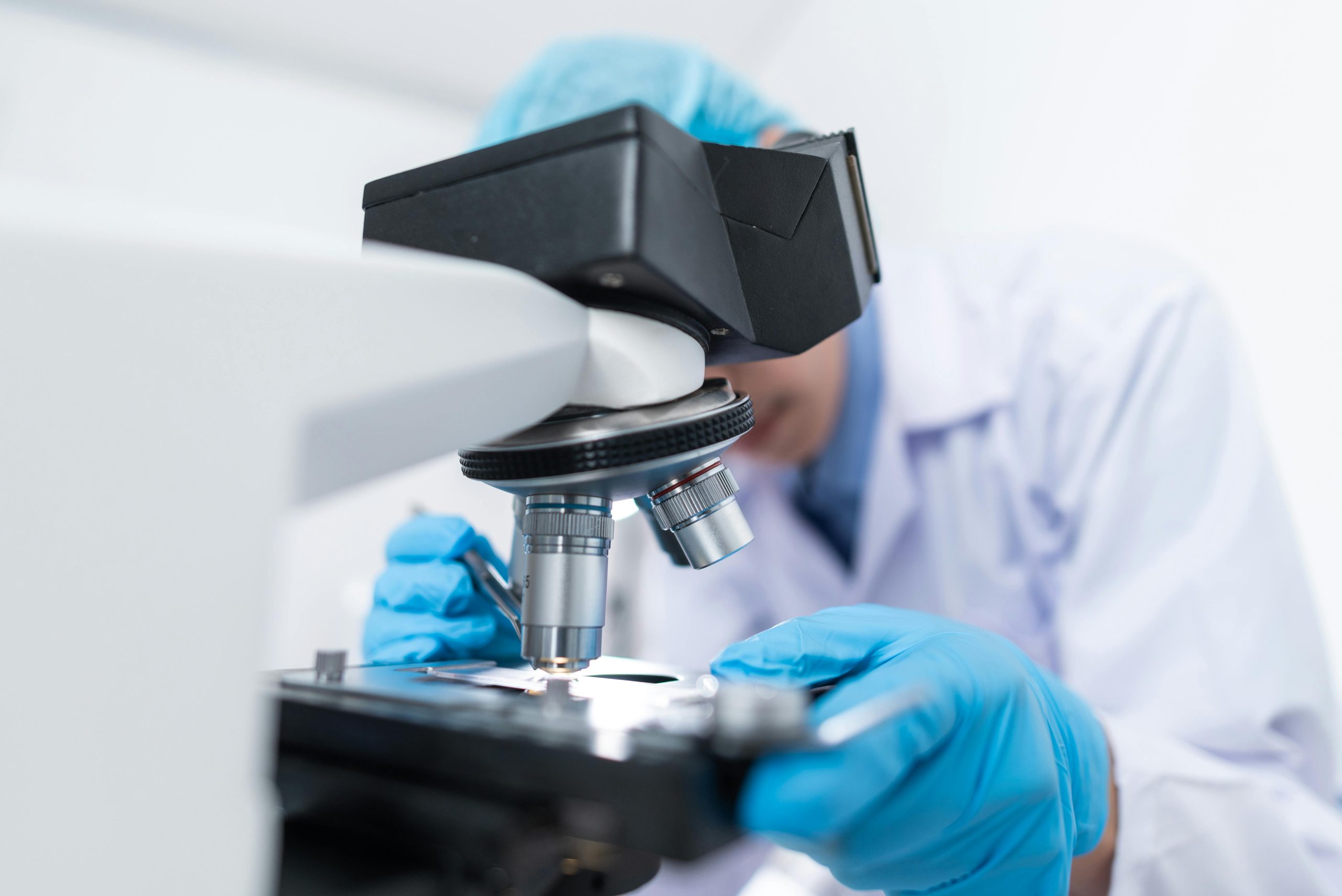
Sustainability: Rethinking the Future of Meat
Sallea aims to provide the driving force in the creation of a more sustainable future regarding food production for the global community. Among the leading contributors to environmental problems are those dealing with livestock farming, taking up huge shares of global greenhouse gas emissions, water usage, and deforestation. Such problems may partly be solved by the adoption of cultured meat, providing a method of meat production that has a fraction of the environmental impact traditional farming practices have.
Reducing Environmental Footprints
Cultured meat has a new way of food production and great potential for reducing environmental footprints. It is pretty different from conventional meat in that it does not demand animal farming and uses considerably less land, water, and feed than meat production through livestock does. Sallea has the capability to grow in-vitro meat cells for meat production using only a tiny fraction of the amount that would normally be required to produce these kinds of meats.
Water conservation is another important factor. Traditional meat production is actually very water-intensive: estimates have it that more than 15,000 liters of water are used to produce one kilogram of beef. In contrast, cultured meat uses strikingly less water and is thus, for the tradition, more productive in a world where water resources are increasingly strained.
A New Era for Ethical Eating
Besides being an environmentally friendly meat source, cultured meat is a way out of the ethical dilemma associated with conventional rearing and killing of livestock. As consumers become more conscious of animal welfare problems, the demand for alternatives that avoid slaughter is increasing. Sallea stands right at the forefront of this current development by offering the opportunity for consumers to enjoy high-quality meat without the ethical complications associated with conventional meat.
Besides avoiding issues of cruelty often associated with factory farms, cultured meat avoids animal farming altogether. That is why Sallea fits the growing number of consumers who value both sustainability and animal welfare, hence a good candidate to lead the alternative protein market.
Consumer Demand for Sustainable Choices
The world is grappping with the impacts of climate change and food security; hence, consumer preferences are shifting. Sustainability will also be one of the key drivers in relation to food choice, and demand for alternative proteins is likely to continue increasing over the next few years. According to market projections, the alternative protein sector could be worth billions by the end of the decade.
However, most consumers view lab-grown meat as all about reducing one’s carbon footprint while enjoying the taste and texture of real meat. Sallea places itself in a special position by focusing on premium whole cuts, appealing to foodies who want a high-value product lining up with their values. Sallea shapes both the response to consumer demand and the future of food with its sustainable, ethical, and delicious alternatives.
What’s Next for Sallea: The Future of Food
As Sallea continues to focus on further changing the shape of the cultured meat industry, its future is bright. This is a fast-growing market, and with mounting investment in technology and capabilities and mounting consumer demand for sustainable food options-Sallea finds itself in an excellent position to lead the next phase of growth.
In the coming years, we are likely to witness Sallea take more steps toward bringing its lab-grown whole cuts into the market. Due to the bringing of its products into the market, it is likely to make more deals with food companies, restaurants, and retailers. With the continuing evolution of regulations concerning cultured meat, Sallea will work closely with industry players in the making of regulatory considerations that place high safety and quality standards for the products.
Pioneering in Cultured Meat Innovation
Sallea leads in the industry due to its inventions around edible scaffolds and whole cuts. As more and more players jump into this space, Sallea will need to show it can produce high-value products at a quality that is on par or above that of others in the market. Finally, with its latest funding round and increased investor support, Sallea is in a stronger position to lead the pack in these new technologies for sustainable, ethical, and delicious meat alternatives.

Conclusion: The New Frontier of Food Production
The revolution in cultured meat has just begun, and Sallea is right at the heart of this transformation. By placing its focus on innovation, sustainability, and high quality, Sallea is setting the future of food in a direction that will be advantageous to consumers, the environment, and animal welfare.
With Sallea continuing to develop its cultured whole cuts, it’s contributing to a future whereby the meat we love will become available minus those screamingly bad environmental and ethical downsides that come with conventional livestock farming. What a journey the company has embarked on to show how technology and innovation can solve some of the world’s most dire challenges. With clean meat starring as the main act in the world’s food system, Sallea is leading the way into a more sustainable and ethical food production future.





